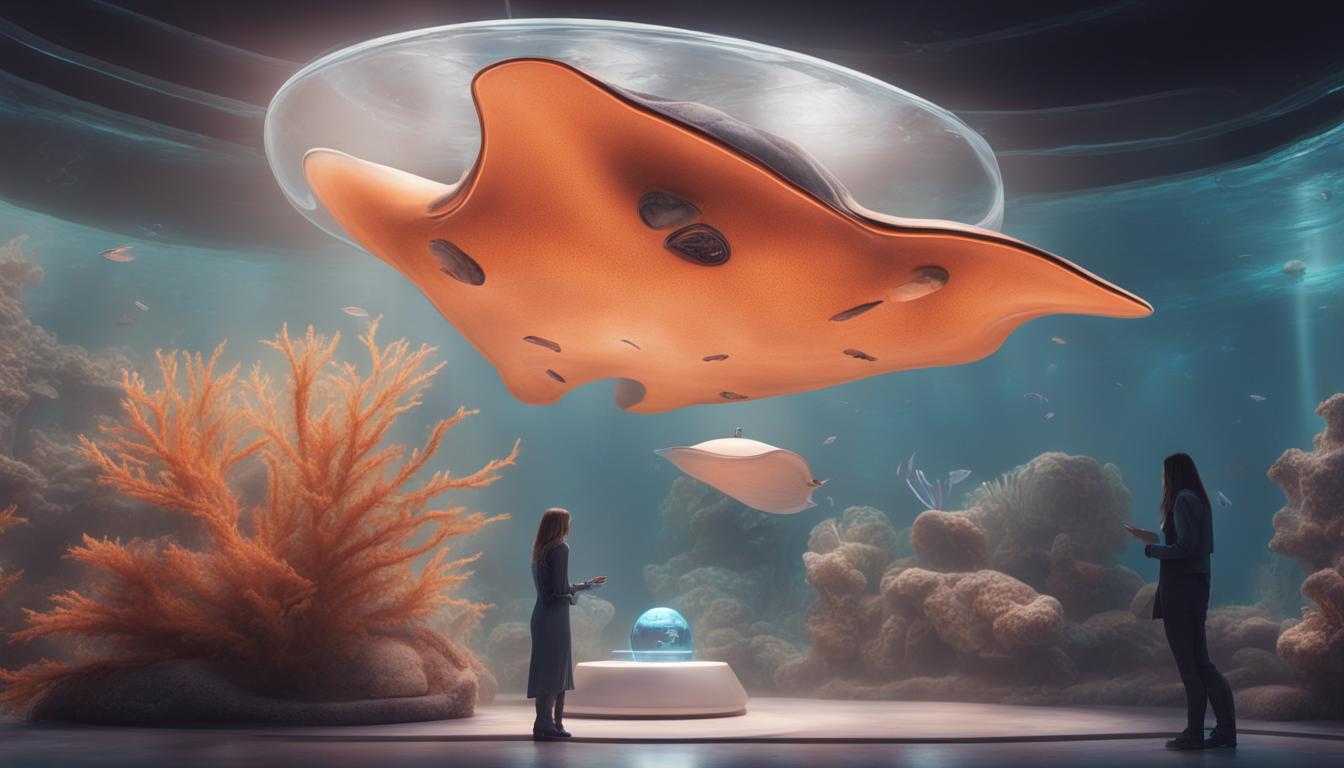The Aquarium and Shark Lab in Hendersonville, North Carolina, has raised concerns regarding the health of Charlotte, a stingray, famous for experiencing what was announced as a “virgin” pregnancy due to parthenogenesis. This rare biological phenomenon happens when a female reproduces without a mate, cloning its own cells to create offspring. Initially thought to be due in February or March following a September conception, Charlotte's pregnancy has unexpectedly extended, leading to intense public and media scrutiny.
Charlotte's pregnancy was first announced by the aquarium in February when her caretakers noticed she had begun to swell, initially suspecting cancer, only to identify the growth as eggs later. Although there had been speculation about possible fertilization by a shark in the same tank, this idea was ruled out, solidifying the case of parthenogenesis. The gestation period for a stingray usually spans three to four months, significantly shorter than the duration of Charlotte's ongoing pregnancy, which has reached eight months.
Dr. Christopher Lowe, a marine biology professor, explained that factors like embryonic diapause could be causing the delay. This condition allows embryos to pause their development until environmental or nutritional conditions are optimal. He also raised the possibility that the embryos might have died or could be resorbed by Charlotte, suggesting reasons why birth hasn't occurred yet.
Amidst growing public frustration and skepticism, the aquarium disabled comments on their Facebook posts and deviated from their routine of regular updates, which included videos and updates every Wednesday and Saturday. The last update merely stated the addition of extra veterinary teams for further testing and care, without detailed explanations regarding the progress or complications of the pregnancy. This has led to speculation and accusations of a hoax surrounding the pregnancy narrative.
Despite these controversies, the aquarium maintains its commitment to the health and safety of Charlotte, emphasizing continuous research and care for their creature collections. The case continues to draw international attention due to its unusual and scientifically significant nature.
